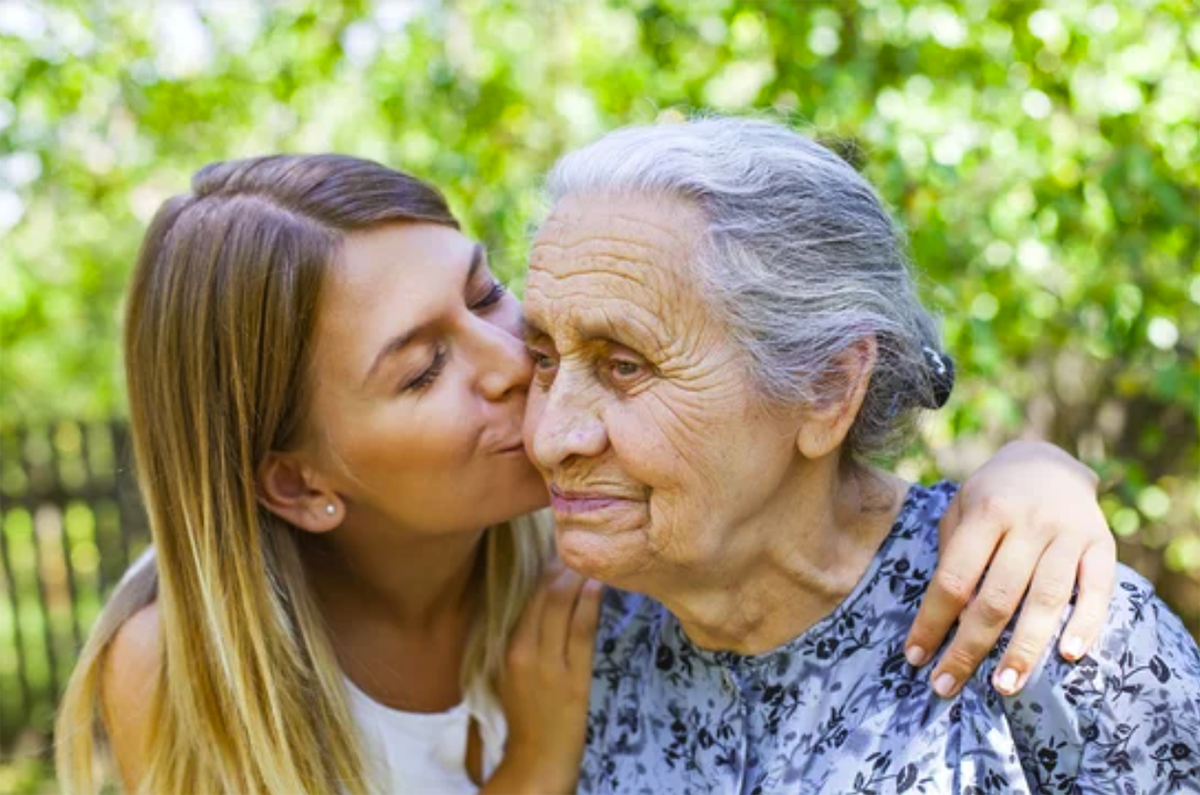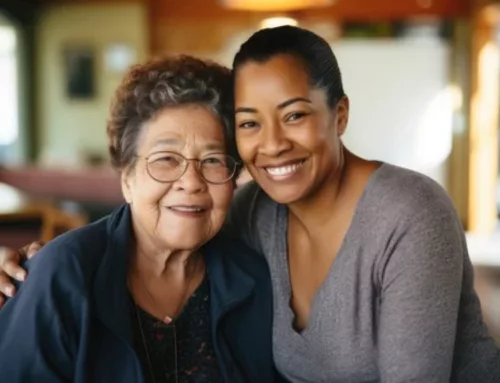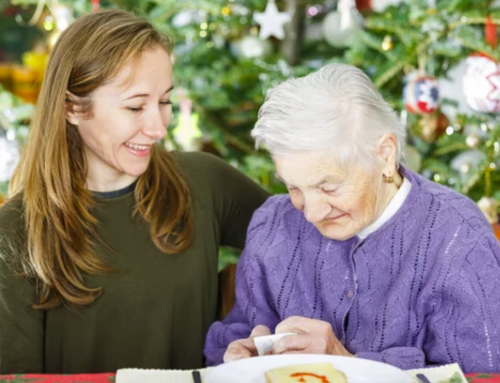Being a caregiver, especially for a loved one nearing the end of their life, means showing profound dedication that extends far beyond basic tasks. Your roles and responsibilities of a caregiver covers many aspects, each holding significant importance. You’re responsible not only for the physical well-being of your loved one, but also their emotional, social, and at times, financial comfort during this sensitive phase. While every caregiving journey holds its unique challenges, there are universal roles and duties that come into focus during end-of-life care. This article aims to highlight these important areas, ensuring you’re fully prepared to offer the most compassionate care possible.
Building a Trusting Relationship:
Building a Trusting Relationship:
Building trust becomes even more essential when caring for someone nearing end-of-life. It revolves around the bond you forge together during these moments.
- Consistency: Maintaining a regular routine offers comfort and predictability during uncertain times.
- Communication: Keeping the lines of conversation open. Ensure they feel comfortable sharing their thoughts, fears, and desires with you.
- Empathy: Understanding their feelings during this phase is key. Demonstrate genuine care and be sensitive to what they’re going through.
Physical Well-being:
Physical Well-being:
Physical comfort is especially important as someone nears the end of their life.
- Health Monitoring: Regularly check on medications, upcoming doctor’s appointments, and be alert to any health changes.
- Personal Care: Assisting with daily activities ensures they feel cared for and eases potential discomfort.
- Mobility Assistance: Safely helping them move around can provide a sense of independence and dignity.
Emotional and Social Support:
Emotional and Social Support:
The emotional aspect becomes magnified during this time.
- Companionship: Your presence, attentive listening, and shared moments can be profoundly comforting.
- Encouragement: Positivity and gentle encouragement can uplift their spirits, helping them find moments of joy.
- Social Connection: Staying in touch with family and friends grows even more important. Help arrange calls or visits as often as you can.
Overseeing Financial and Legal Aspects:
Overseeing Financial and Legal Aspects:
These areas tend to become more important as end-of-life approaches.
- Managing Finances: Ensuring that all financial aspects, including medical bills, are in order can provide immense peace of mind.
- Legal Decision-making: Matters like wills, powers of attorney, or healthcare directives may need your attention or understanding.
Continuous Learning and Adaptation:
Continuous Learning and Adaptation:
It’s essential to stay updated and flexible in your caregiving role.
- Education: Learn about the end-of-life needs and health challenges your loved one faces.
- Seeking Resources: Use books, websites, and professionals to equip yourself with the right information and guidance.
End-of-life caregiving is a journey of deep emotional intensity, both challenging and rewarding. Your efforts make a significant difference in your loved one’s final days. The roles and responsibilities of a caregiver are vital. At Smoky Mountain Home Health and Hospice, our team recognizes the profound depth of this caregiving role. Our mission is to stand beside caregivers at every step, ensuring you have the support you need. Your dedication and love are deeply valued, and we’re here to assist in every possible way.






